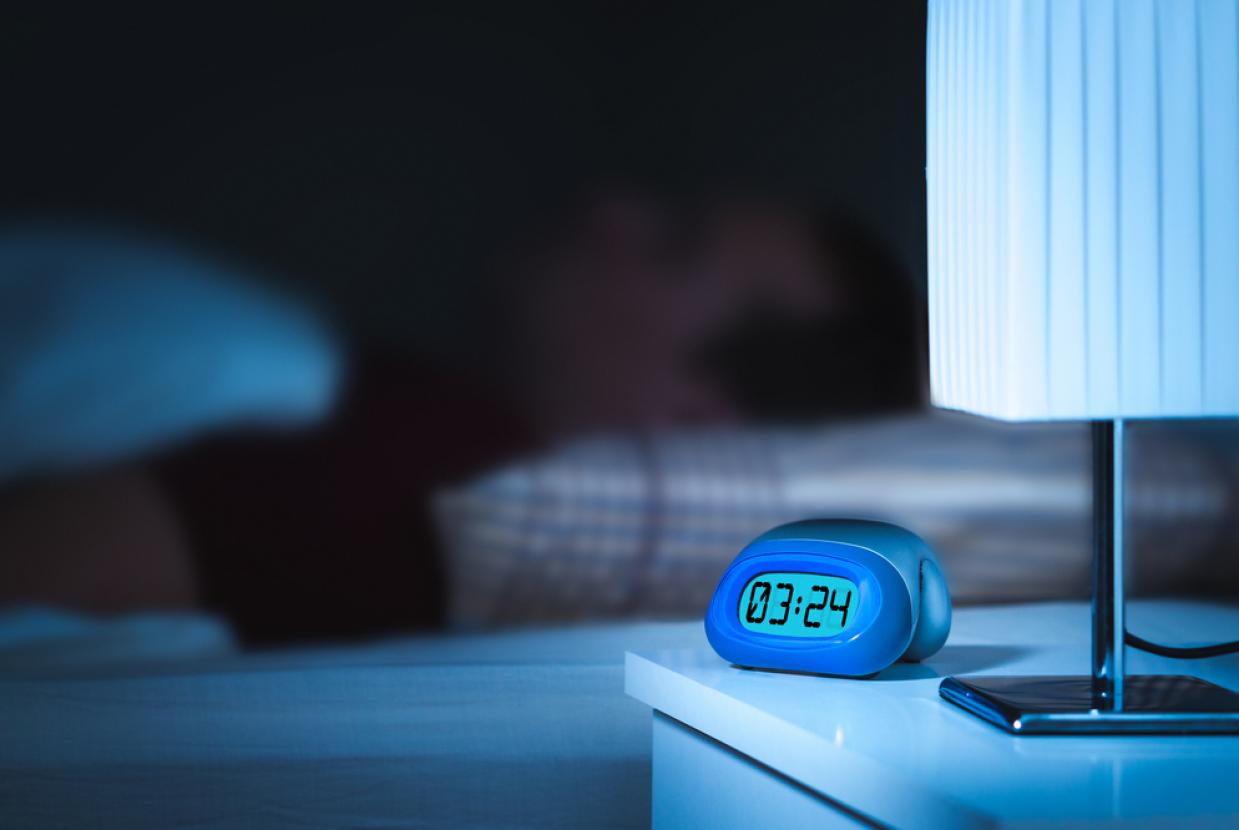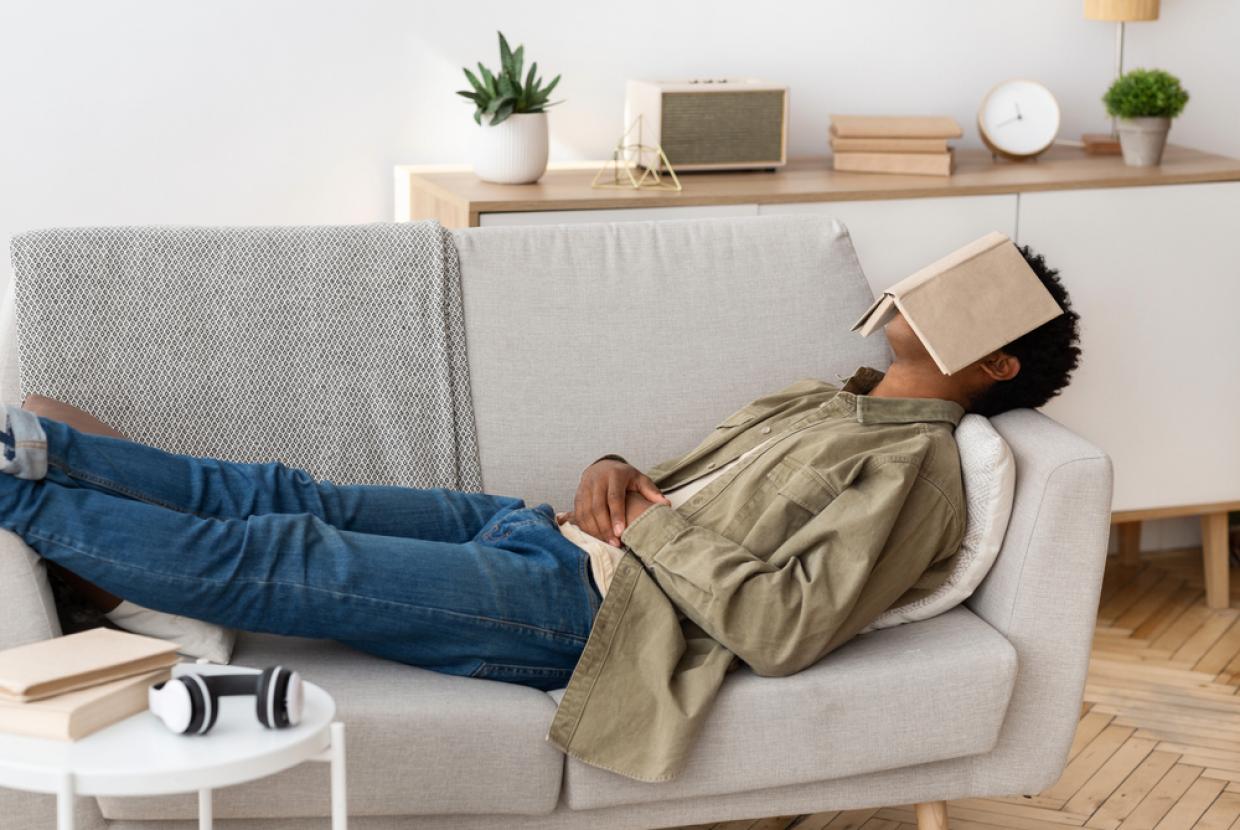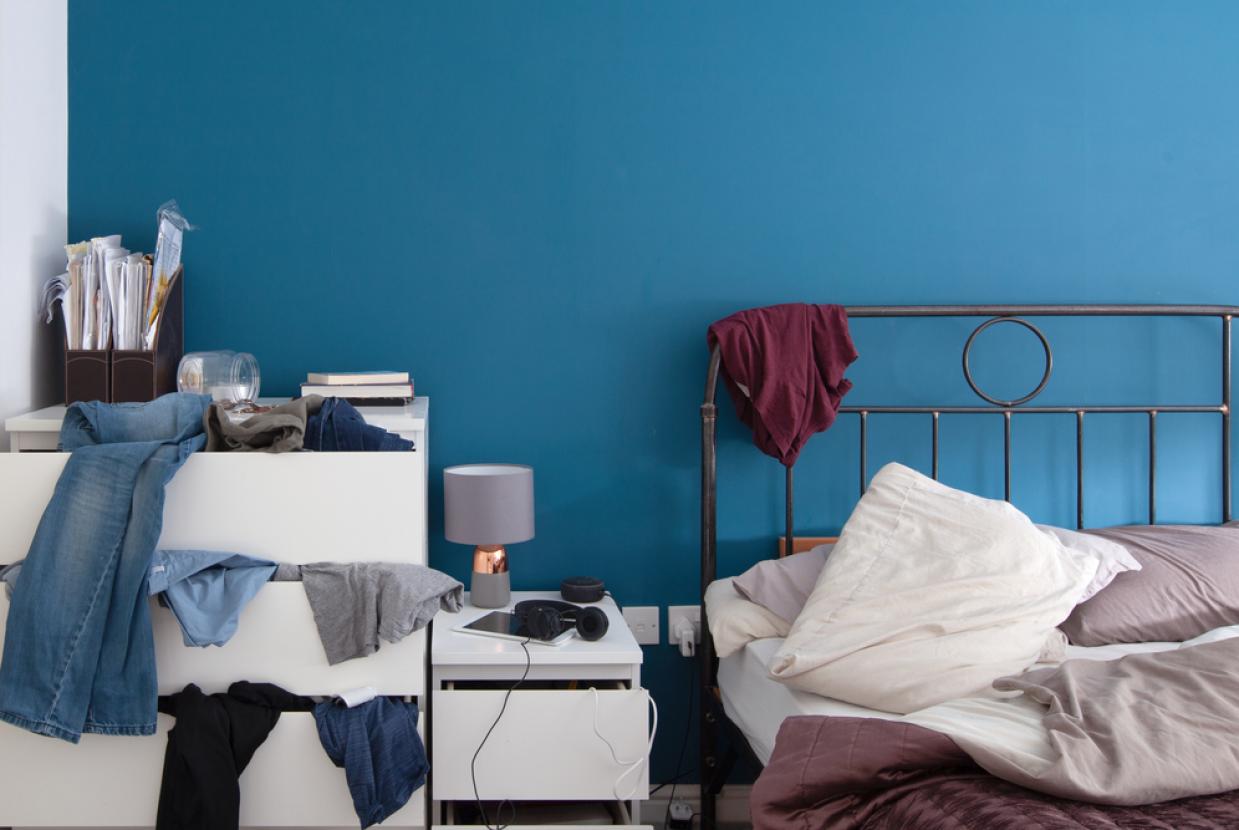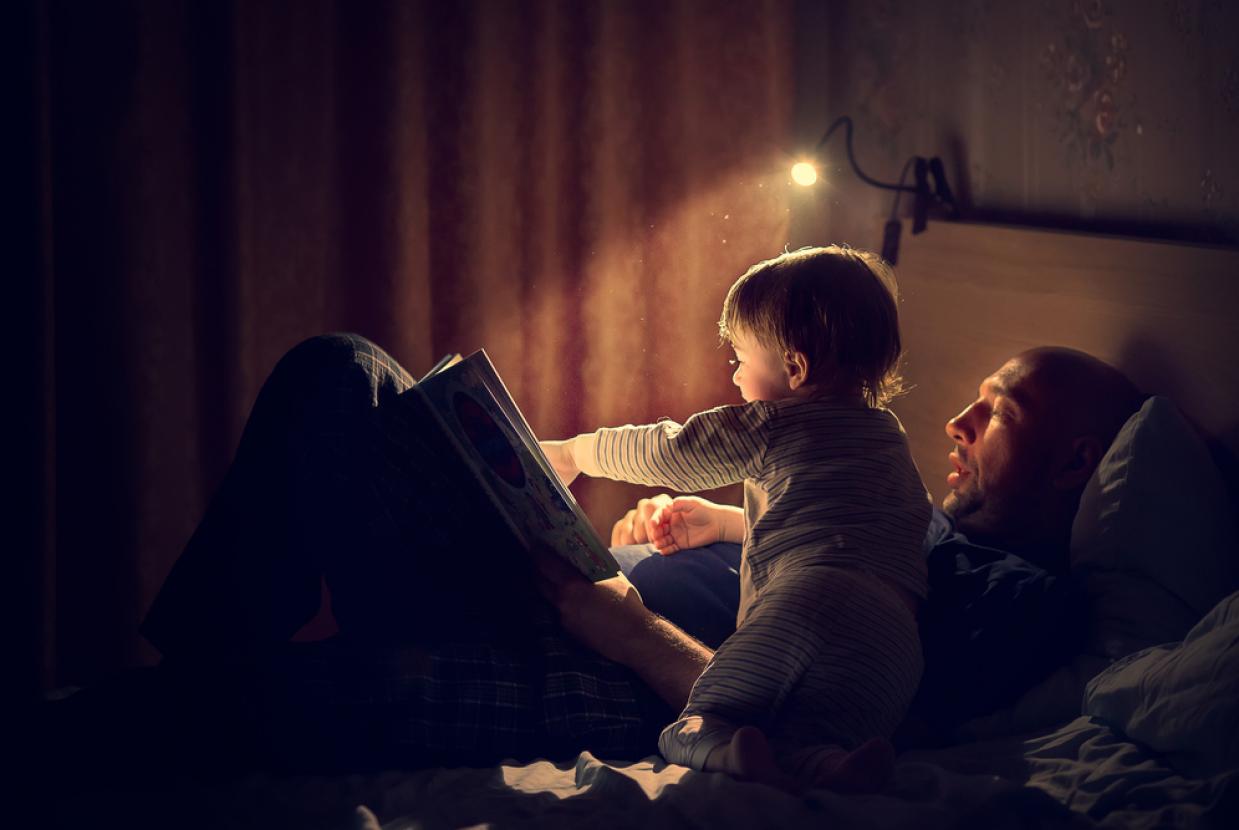Sleeping Better
Your Bedroom
The Sleep CouncilIf you’re having trouble sleeping, one of the first things to consider is your bedroom. In order to get a restful night’s sleep, you need the right setting, which means a clean, peaceful and welcoming room. Many of us are unknowingly sleeping in a bedroom that’s simply not fit for purpose, and that environment could be the key cause of a restless night.
- Fortunately, it’s relatively easy to transform your bedroom into a space that encourages a peaceful night’s sleep. Here are our top tips:
- When it’s time for bed, make your room completely dark. This can be achieved with a blackout blind or curtains, an additional window dressing, or even an eye mask.
- Maintain an ambient temperature in your room. If you’re too hot or too cold, you won’t sleep soundly. We recommend a cool temperature of around 16-18° C (60-65° F).
- A tidy room makes for a tidy mind… and a restful night’s sleep! De-clutter your bedroom and create a space that’s clean, neat and simple. Even just relocating the laundry basket, stacking up some books or blitzing your bedside table can make a real difference.
- LED displays are particularly troublesome when it comes to getting a good night’s sleep. When it’s time to snooze, switch off your mobile phone, tablet, and any alarm clocks with a digital display.
- Avoid treating your bedroom like an extension of the rest of your house. That means you shouldn’t use it for work, watching TV, eating, and even talking on the phone. Save the bedroom for sleep and sex.
- Add special touches to the space, which will help you feel more connected and peaceful. Family photographs, plants, flowers and ornaments will help to create a room that’s pleasant and relaxing.
- Avoid using certain colours when decorating. Remember that bright reds, yellows and oranges are jarring, while browns and whites are boring and drab. Instead, choose soft, muted tones that will make you feel calm.
- Certain smells can affect your mood, helping you to feel calmer and more relaxed. Lavender and germanium are naturally calming, so invest in some essential oils to help you drift off. Remember, these should not be used in pregnancy or children’s rooms.
- Take the time to really consider your bedroom. Realise that you have a duty of care to yourself and should therefore create a sleep area that’s as effective as possible. Boost your wellbeing by making your bedroom more sleep-friendly – you’re worth it!
For more information, on how to create the perfect sleep environment, click here!























